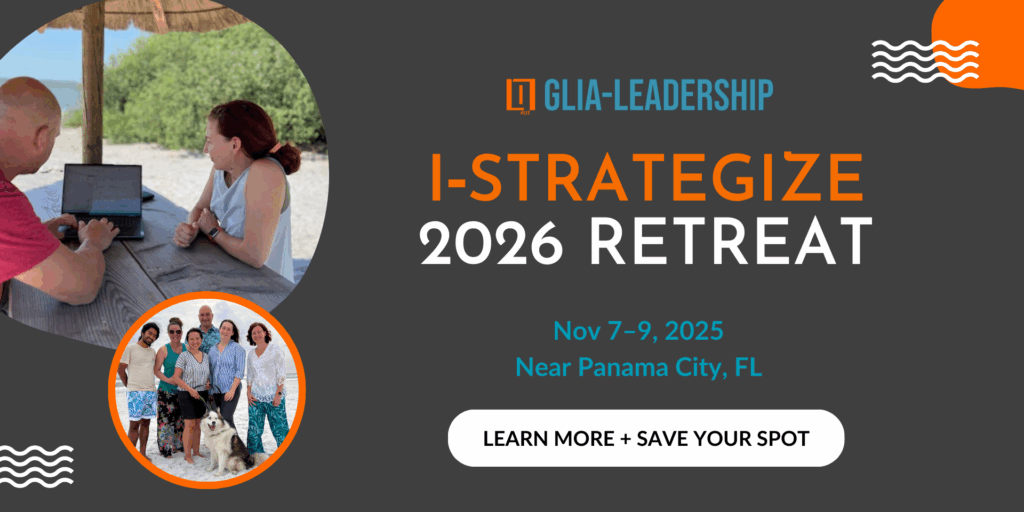Stefanie pointed me to a piece in The Atlantic about a new study: Measuring the Impact of Early-2025 AI on Experienced Open-Source Developer Productivity (METR). Programming is often seen as one of AI’s big strengths. The study found the opposite: developers using AI were on average 19 percent slower.
The authors explain that this contradiction arises because everything must be checked more carefully. You spend time fixing hallucinations and cleaning up. The effort outweighs the gain. That part makes sense. But The Atlantic quickly turned it into a grand philosophical issue, with headlines like “Just How Bad Would an AI Bubble Be?” and the claim that “The entire U.S. economy is being propped up by the promise of productivity gains that seem very far from materializing.”
Here is where I think the lens is wrong. AI is not a steroid for elite athletes. If you are already a professional, it will not suddenly push you into new territory. If you are working at the edge of what is possible, as you are when you do research, AI will not fling you beyond that edge.
AI can help with routines. But designing the right routines, the systems that protect your research time and keep your team moving, still falls to you. That’s exactly what we’ll be working on at the I Strategize Retreat.

We need to look at AI differently. It shines where we are not strong. It is best at compensating for weaknesses.
My own example: Over the last few years, I have written blog posts and newsletters that together add up to about two books, over 100,000 words. All in English. I am not a native speaker. My English is mediocre, my vocabulary is limited, and my writing lacks the polish I want. Yet I manage. Why? Because AI closes that gap. Sometimes I write in English and let it polish grammar and phrasing. Sometimes I write in German and have it translated. The style and all the content remain mine, but the language is sharper. The result is readable, engaging, and not generic, which is what I aim for. AI does not generate my posts. It cleans them up.
AI also helps me learn. When I step into an area I know nothing about, it is perfect for getting an overview. When I need images or videos I could never create myself, it delivers. AI is strongest where I am weak or average.
This is because systems like ChatGPT, Claude, Midjourney, and Suno are built to recombine existing knowledge into the most likely, most acceptable output. That means they produce a polished consensus from existing data. Innovation is not really in the cards. Harsh words, but this is not necessarily negative, because most of the time we want results that others will find accessible and agreeable. But with the right constraints, clear examples, and strict checks, you can even coax them into unusual combinations that feel fresh, which explains why GenAI sometimes surprises us and feels innovative.
AI is less powerful when you are already an expert. There it can slow you down. That does not mean AI is completely useless for professionals. It depends on the task. For routine work, boilerplate, or search, it saves time. For novel, open-ended challenges, it drags you down because you need to double-check everything, and sometimes you have to fix it. It also cannot go beyond what is known to humankind by design, which means it cannot be creative in the sense of thinking thoughts that have never been thought before. For beginners and mid-level performers, it accelerates tasks enormously and produces outcomes far beyond their actual skills. AI speeds up familiar, well-defined work and slows down open, novel problems because verification costs rise.
AI can lift average skills to something close to a professional level. Sometimes it even replaces years of practice, since AI is trained on a massive amount of data, which we could also call experience. For common, well-documented tasks, it imitates skill convincingly. But when it comes to architecture or creating original solutions, it falls short. In the programming example from the study above, that means AI can be a brake for pro coders but a turbo for people with partial knowledge like me. Suddenly I could become real competition for professionals.
But be careful, AI produces by default generic outcomes. E.g., I can spot AI-generated text instantly because the patterns repeat: the same phrases, the same rhythms. All I’m saying is, next time you use ChatGPT, count how often it uses em-dashes “—”, or how often it slips in an “It’s not about… It’s about…” construction.
So here is my advice. Stay at the front of your field. Keep your focus on creativity and vision. Do not expect AI to carry you further at that level. Hand routine to AI, check it carefully, and use the saved time for the questions only you can answer.
– Robert
Keep the Conversation Going
If this post resonated with you, we’d love to keep sharing ideas, tools, and stories that help you reclaim your research time and lead with clarity.
📩 Sign up for the GLIA Newsletter →
You’ll get our latest blogs, practical strategies, and invitations to upcoming trainings, straight to your inbox.







